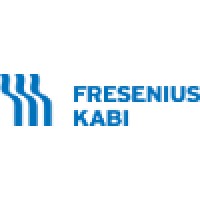
Lead Analyst
Arkatechture
Posted: 95 days agoAWSCloudETLOraclePostgresPythonSDLCSQLTableau

Senior Contract Analyst
Fresenius Kabi USA
Posted: 1 hour agoERP

Behavior Analyst – BCBA
Clarvida
Posted: 2 hours ago
Behavior Analyst – BCBA
Clarvida
Posted: 2 hours ago
Behavior Analyst – BCBA
Clarvida
Posted: 2 hours ago
Lead Analyst/Consultant, Supply Market Insights
American Red Cross
Posted: 3 hours agoSelect a job to see details.